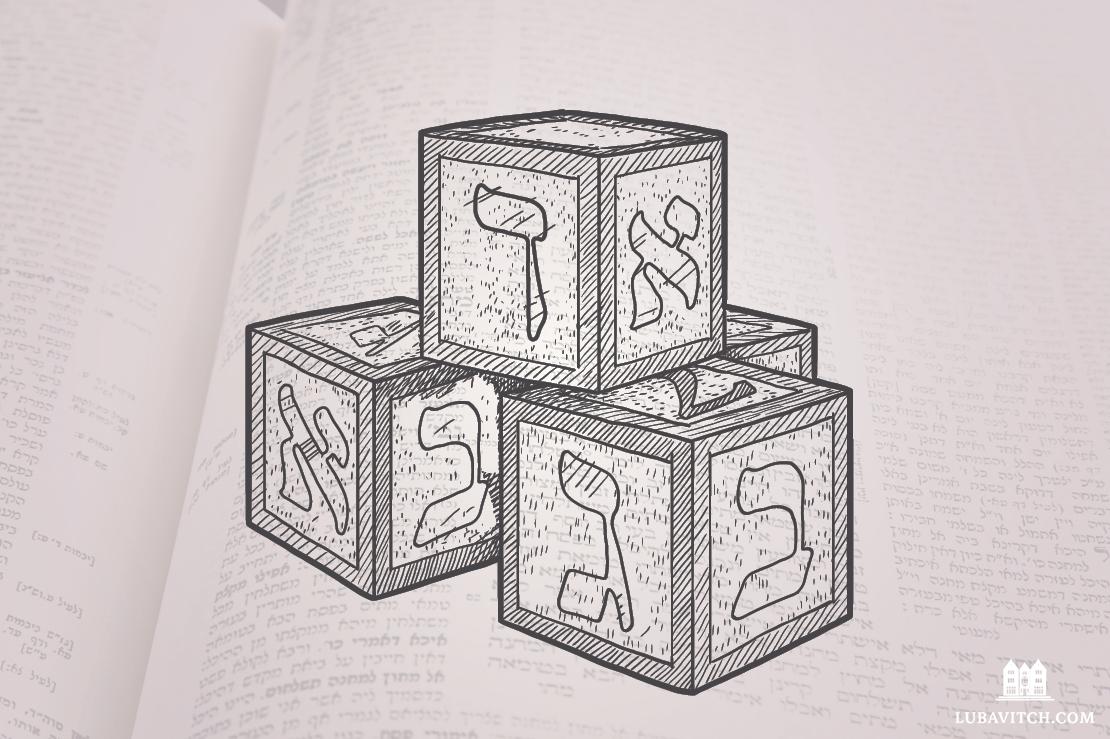The word Chanukah in Hebrew comes from the same root as chinuch—education, and, indeed, one of the central messages of Chanukah concerns the significance of education. The Talmud includes discussions and anecdotes underscoring the value that Judaism attaches to education, and the place of prominence it accords the teacher.
A. The early sage Rabbi Shimon ben Shetach lived a very turbulent life. The Jewish King Yannai executed all the sages of his time (because they did not validate his Jewish lineage). Rabbi Shimon escaped to Egypt with the help of the queen, who was his sister. When he returned later to revive Torah life in the Holy Land, he instituted many major public laws. One of them was:
- That education should begin for children at age five
- That it must continue through age eighteen
- That all children should attend school
- That the study must include the Oral Torah
B. The Talmud encourages which of these as the preferred method of teaching children the Hebrew Alphabet:
- Repetition of each letter several times
- Studying all the letters before getting to the vowels (nekudot)
- Studying all twenty two letters as one long statement that expresses the core values of Torah
- Memorizing the numerical value of each letter
C. It is a given that the study of Torah texts in general and the Talmud in particular are all driven by questions. The more questions and the harder the questions, the better. However, as evidenced by the Talmudic sage Rav Simi Bar Ashi, questioning is discouraged when:
- The questioner is not interested in the answer
- The question may embarrass the teacher
- The question may raise discord among the rabbis
- The question expresses a heretical thought
D. During a terrible drought, the great Talmudic leader Rav (Rav Abba bar Abba) declared a day of fasting. It was to no avail. The drought persisted until a lay person began to pray and it began to rain. Rav Abba, wanting to know why the prayers of this individual were answered, was told that he is a teacher, and as such, he takes great care:
- Not to charge students who cannot afford to pay for their education
- To discipline students not by punishing but by motivating them with foodstuff and a good word
- To treat the students who come from poor homes just as he does those who come from affluent homes
- All of the above
E. The Talmud interprets the verse in the Book of Daniel (12:3) Those who lead the many to righteousness [matzdikei harabim] will be like the stars forever and ever, as applying to:
- Teachers of the young, because they bear responsibility for the future of their students for all eternity
- Graduating students because they have the potential for star quality
- The sages who taught in the great Talmudic academies because they lead the public to a life of righteousness
- The funders who sustain the schools
Answers
A3 (Jerusalem Talmud Ketubot 8:11)
B3 (Shabbat 104a [according to one reading])
C2 (Taanit 9b)
D4 (Taanit 24a)
E1 (Bava Batra 8b)
How many did you guess correctly? Let us know in the comment section below!
This article appeared in the Lubavitch International magazine – Winter 2021 Edition. To subscribe click here.

Be the first to write a comment.